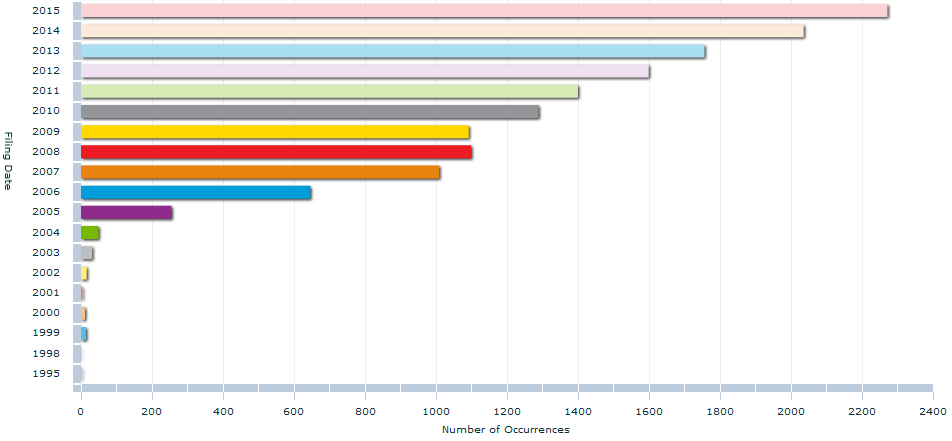24/04/2017
Quantum mechanics is one of my favourite areas of physics because it is weird, counter-intuitive, and fascinating! This fundamental pillar of modern science dates back to the early 1900s and has been enrapturing, confusing and frustrating both academics and university students ever since. Indeed, the understanding gained from this area of physics has already contributed to major advances in electronics, GPS navigation and computing.
What is more, many aspects of quantum theory, which have the potential to significantly improve current technology (for example quantum entanglement and quantum tunnelling), are yet to be successfully incorporated into commercial devices. The advantageous effects arising from quantum theory can be challenging to demonstrate under controlled conditions in the laboratory, and making devices on a large scale which can consistently and effectively harness these effects has, up until now, been a step too far.
However, technology is catching up, and many large technology companies are starting to make use of quantum mechanical effects which until recently have existed only as scribblings on a university white board. In fact, as reported in a recent article in the Economist, these companies are confident that a new raft of ‘quantum devices’, which have the capability to harness the more exotic quantum effects, are just round the corner.
To investigate this fledgling area of technology, we decided to have a look at the number of patent applications directed to quantum mechanical effects. Patents, after all, are the bridge between scientific theory and commercial reality. As such, if companies are beginning produce these quantum devices, or are planning to in the near future, this should be reflected in the number of patent applications that they are filing.
More specifically, we had a look at the global number of patent applications directed to quantum technology that have been filed between 1995 and 2015, and they are shown in the graph below.
Over this period, in most years, there has been an appreciable increase in the number of patent applications being filed. These numbers seem to provide a clear confirmation that companies are investing heavily in this new field of technology. The trend we can see from the figures is consistent with companies that have started to, or are intending to, commercialise quantum mechanical technology and are building patent portfolios to protect their market position.
Interestingly, the most active area of technology seems to be in television. Companies such as Samsung, LG, TCL and Shenzhen China Star are all filing significant numbers of patent applications directed to ‘quantum dots’ capable of efficiently producing light for use in a television display. Indeed, these ‘authentic quantum dot displays’ are tipped as the replacement for conventional electro-optical television displays. Thus, all the major players in the television market are ramping up their patent filings as they compete to incorporate this quantum mechanical technology into their latest television units.
However, television is not the only place quantum theory is finding practical application. A recently published patent application filed by Apple is directed to smart phone cases that make use of quantum tunnelling to eliminate the need for push buttons. Further, a number of patent applications have been filed in recent years directed to the use of quantum entanglement in encryption coding.
Thus, there appears little doubt that technology is catching up with the science. As a result, we are beginning to see quantum physics making its way into everyday technology. As technology continues to progress, we can expect intellectual property in this space to become increasingly active – with revolutionary new quantum devices at stake, companies will inevitably strive to patent the quantum realm.
This article is for general information only. Its content is not a statement of the law on any subject and does not constitute advice. Please contact Reddie & Grose LLP for advice before taking any action in reliance on it.



